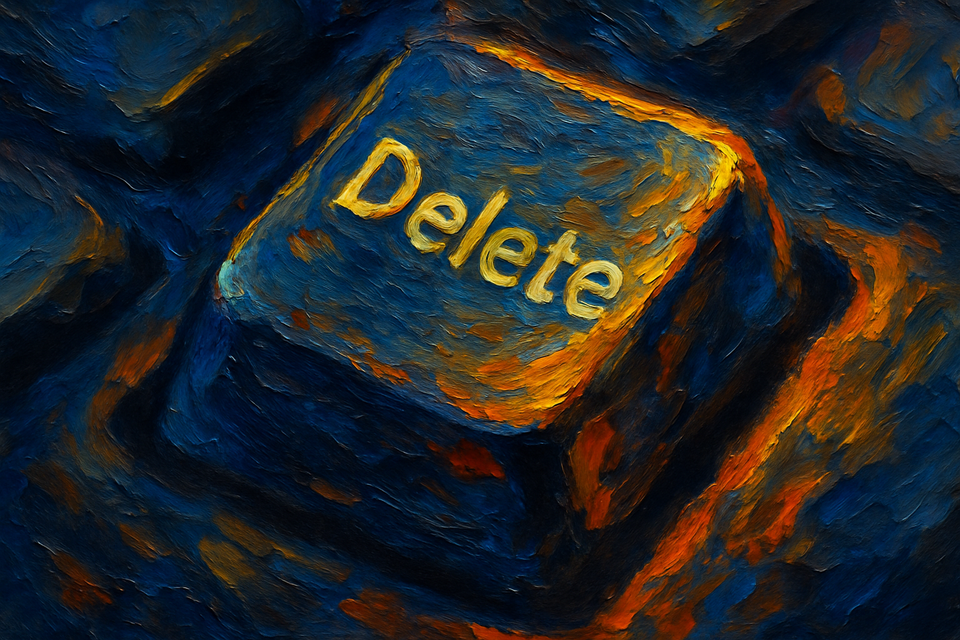The politics of citing papers

There was another lab working on our “favorite” protein. Not in our building, and not even in our time zone but our questions and models were quite similar. We knew of them through the usual channels: their publications, conference talks. And I do believe they knew of our extensive work too. So when their next paper came out, it was surprising to see that none of our lab’s work was cited.
Their omission was not an error.
Something political had just happened.
Citing is not neutral
Unfortunately, citations are misused often in scientific articles: when work is cited without being read, or used to support claims it never made.
This post is about something slightly different. This is about how a network of scientists can be (even tends to be) formed by their citation behavior. These human relationships can shape a field just as much as the science does.
We like to pretend citation is objective. But I have unexpectedly witnessed that it can also be personal.
Citing can be a way to position your point of view, and sometimes your “territory”. It can be a way of saying: this is our stance in the field. It can “pay back” and acknowledge intellectual debt or signal alliance. And keep professional relationships intact.
I am sure you are familiar with different schools of thought that may be present in scientific fields, usually based on different hypotheses. Over time, this “camp” formation has significant effects on the field itself. Researchers form clusters and only cite within their bubbles. They reward each other with hypothesis-based inclusion and also visibility. You can tell which "camp" a scientist/group belongs to just by looking at the bibliography. Sometimes, these alliances are productive and can push the field forward. But often times, they lead to a disconnection so deep that two groups can work on the same protein for years and never cite each other.
Citing behavior can very well be dishonest and even corrupt, when people avoid validating competing claims, trying to maintain a narrative of originality. Or because acknowledging certain work would make things “messier”. Occasionally, because they truly did not come across it..though that excuse feels less likely in smaller fields. Some scientists get cited less not because their work is not valued, but because it is not published in a certain group of journals. Because it was published in a journal with low credibility. Although I still think this is no excuse in an era where we search by keywords and (hopefully) not journal names.
Many journals limit the number of citations that can be added to the references section of an article. But in this day and age, this makes no sense to me. If a paper needs to reference a study, then that study needs to be cited. Unfortunately such limits make the intentional omissions easy to pull off.
Citing behavior reveals the need for networking
Academic networking (and beyond) is full of formal mechanisms that everyone subconsciously accepts to ignore. Citation is one of them: you can cite to protect relationships, to build them, to avoid conflicts.
If a work was not cited, it may also very well be because the author(s) were not present in the right rooms: maybe they did not attend or talk at the right conferences. Maybe they did not dare to talk to that PI at the poster session. There is no denying that if people know your name, they are more likely to remember your work. If you had lunch together, attended the same workshop, shared a ride from the airport, you are now within the range of "citability".
In other words, citation has a social aspect. This is why, for early-career researchers, the advice to "go to conferences" is not just about learning new things. It is also about being part of the community, so that when someone writes their next manuscript, your name comes to mind.
And this need for networking becomes a self-reinforcing loop.
Citations affect researchers (in unexpected ways)
I was not an author on the paper that was ignored, I had not performed any of the work. And yet, when their bibliography did not mention us, I did feel the unfairness. Citations contribute to shaping the identity of the lab, within the lab itself and also how it is perceived by others in the field. It determines whose work is (or chosen to be) relevant and which studies we have decided to build on. When a lab gets excluded unfairly, it has wider consequences than just a line in an article.
To be clear, not every omission is a political move. But make no mistake, references are curated.
Next time you read a paper, do not skip over that list. Take the time to notice who is in it, and who is not.

Comments ()